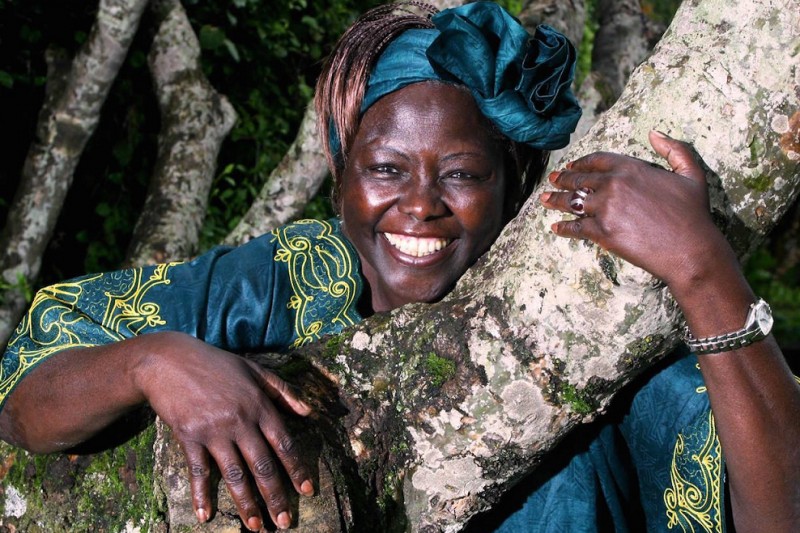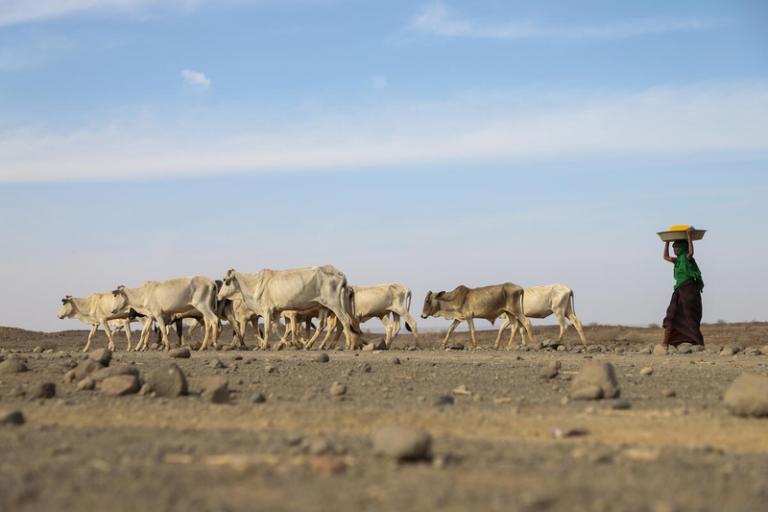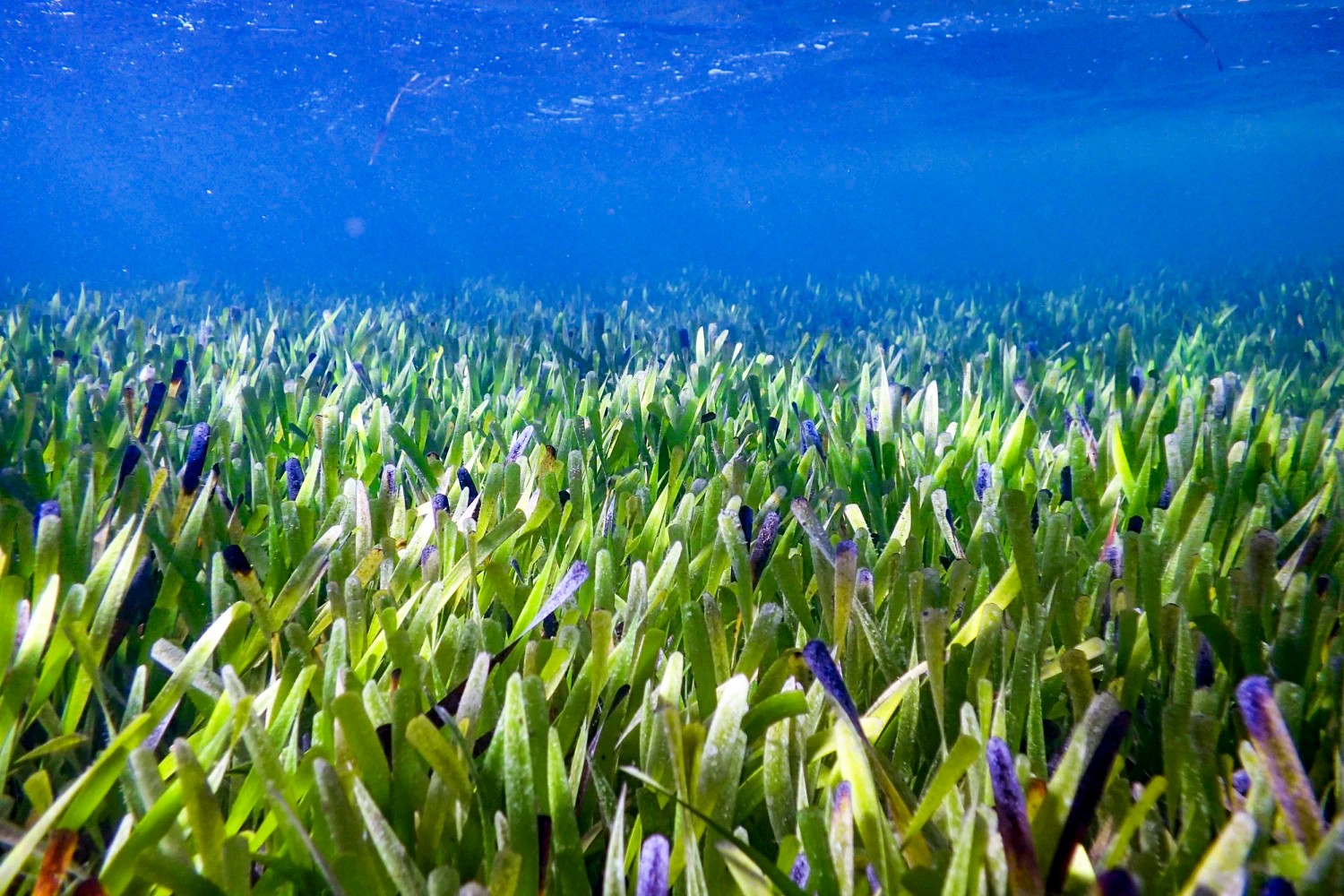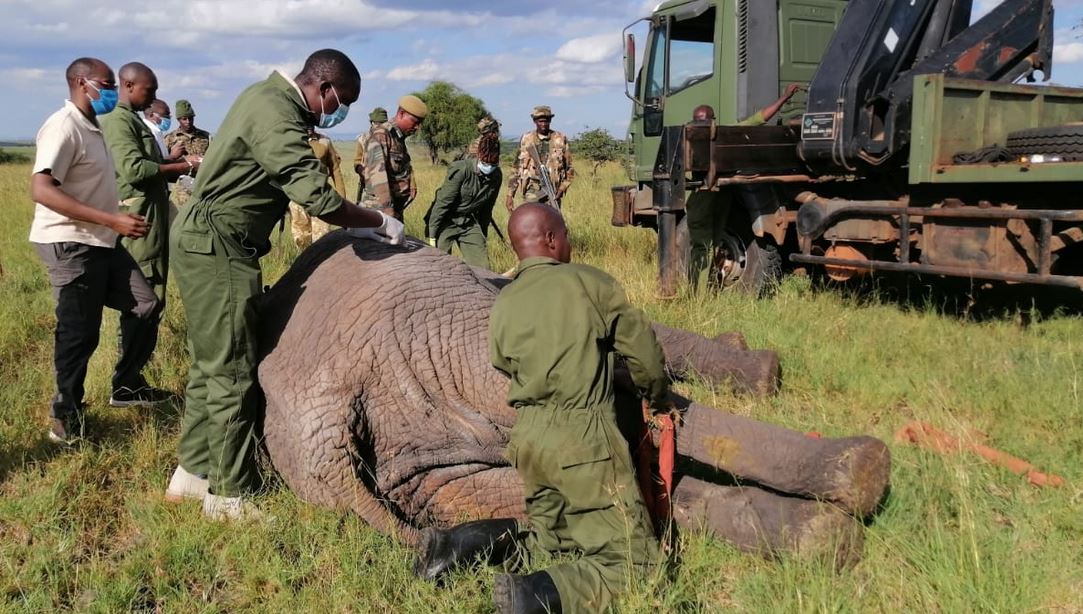- Coffee is one of the most climate-sensitive crops on the planet. Arabica, the world’s most popular variety, thrives only in cool, stable conditions found in high-altitude tropical regions. However, rising temperatures, erratic rainfall, and increased pest outbreaks are shrinking these zones.
Coffee is one of the most climate-sensitive crops on the planet. Arabica, the world’s most popular variety, thrives only in cool, stable conditions found in high-altitude tropical regions. However, rising temperatures, erratic rainfall, and increased pest outbreaks are shrinking these zones.
According to the International Coffee Organization, up to 50% of land currently used for coffee farming may be rendered unsuitable by 2050 due to climate change. In Kenya, Ethiopia, Colombia, and other coffee-producing nations, farmers are already having reduced yields and increased crop diseases like coffee leaf rust.
Despite the challenges, farmers across Kenya and East Africa, smallholder coffee growers are adopting climate-smart techniques to protect their crops and livelihoods using methods such as Shade-grown coffee where they plant trees alongside coffee bushes, farmers create cooler microclimates, reduce water evaporation as it also boosts biodiversity and soil health.
Intercropping is another method used as it helps improve resilience of soil. Farmers have also adopted regenerative agriculture where techniques like composting, mulching, and minimal tillage restore soil health and reduce carbon emissions.
Organizations like TechnoServe and Rainforest Alliance are training farmers in these methods, helping them adapt to changing conditions while improving bean quality and market access.
Read More
Innovation is now happening in both fields and labs and researchers are developing new varieties of coffee that are more resistant to heat, drought, and diseases.
The World Coffee Research institute is leading efforts to breed climate-resilient strains of Arabica and Robusta. These new hybrids promise better yields and quality under extreme conditions.
In Kenya, the Coffee Research Institute (CRI) has introduced varieties like Ruiru 11 and Batian, which are more tolerant to disease and adaptable to diverse climates.
Coffee sustainability is a global effort rather than just the responsibility of farmers. Ethical brands are investing in carbon-neutral supply chains, fair trade policies, and direct farmer assistance.
Consumers also play a vital role. By choosing certified sustainable coffee like those labeled Fair Trade, Rainforest Alliance, or Organic, buyers help fund climate adaptation and ensure farmers earn a fair wage.
According to Conservation International, sustainable coffee farming can reduce carbon emissions, protect forests, and improve livelihoods.
Coffee's survival depends on innovation, teamwork and the choices from farm to cup. The challenges are real, but so is hope for a more resilient and climate-smart coffee future.
As you enjoy your next espresso, consider how the farmers are constantly innovating new ways to keep it going. Because your choices count and resilience is brewing.






